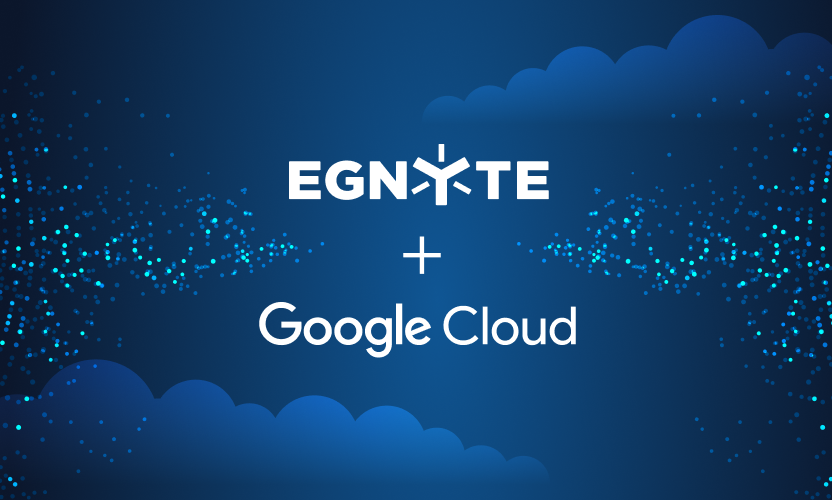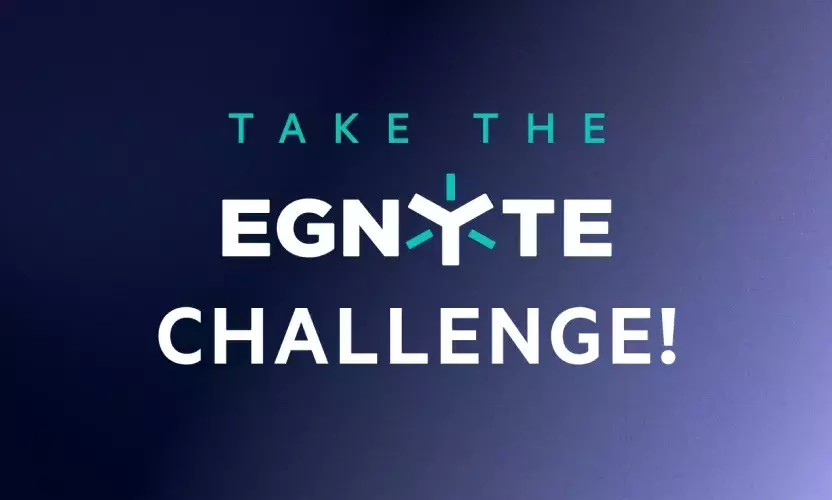
Navigating Data Governance in Life Sciences
Effective data governance has become a cornerstone of success in today's rapidly evolving life sciences landscape. From ensuring regulatory compliance to enabling secure collaboration, a robust data governance strategy is essential.
Understanding Data Governance
Data governance is more than just a set of tasks; it's a comprehensive strategy to manage data throughout its lifecycle. Key elements include:
- Identifying authoritative sources and data lineage
- Applying consistent standards and metadata
- Implementing appropriate access controls
- Maintaining data integrity and auditability
- Establishing clear data ownership and accountability
Governance Challenges in Life Sciences
The life sciences sector faces unique challenges in data governance:
- Disconnected systems lead to data sprawl and fragmentation
- Adhering to regulatory guidelines such as ALCOA+ and 21 CFR Part 11
- Highly sensitive IP and patient data requiring robust security measures
- Collaboration with distributed partners and CROs
- Introduction of ICH E6(R3) intensifying data governance expectations
These factors add layers of complexity to data governance in life sciences.
Overcoming Data Governance Hurdles
Life sciences companies often encounter obstacles when implementing effective data governance:
- Siloed data across disparate systems
- Lack of visibility into data lineage and traceability
- Access control issues, especially with blinded and unblinded data
- Non-standardized data architectures and taxonomies
- Difficulty in achieving cross-functional alignment
Addressing these challenges requires a comprehensive solution that streamlines processes and ensures compliance.
The Egnyte Solution
As a leading data governance solution provider, Egnyte simplifies compliance and maximizes data value through:
- Centralized repositories for all content types
- Automated data classification with predefined policies
- Granular access permissions and intuitive dashboards
- Extensive reporting and auditing capabilities
- Open APIs and integrations to unify data across systems
Enhancing Content Security Through Data Governance
By adopting a practical, risk-based approach to data governance supported by adaptable technologies, life sciences organizations can realize significant benefits:
- Enhanced inspection-readiness
- Improved cross-functional visibility
- Streamlined collaboration with partners
- Smarter, data-driven insights
Conclusion
The data governance landscape in life sciences presents both challenges and opportunities. Biotechs can unlock their data's true potential by understanding fundamental principles, navigating complexities, and leveraging the right solutions. Success lies in embracing a comprehensive strategy prioritizing compliance, security, and collaboration. Life sciences professionals can confidently drive innovation in this complex landscape with the right approach and tools.






